Currently, the weather is in the transitional period, which is a favorable opportunity for bacteria and viruses that cause diseases in livestock to develop. To ensure meat production for the end of the year, in addition to technical guidance and support for livestock households to restore and increase their herds, disease prevention and livestock protection in Mong Cai City are also being actively implemented.

Up to now, the total herd of livestock and poultry in Mong Cai city is estimated at 233,100. Of which, there are 4,100 buffaloes, 8,300 cows, 23,500 pigs, and 197,200 poultry. Although no epidemics have been recorded in livestock and poultry, the city's agricultural sector has been proactively implementing disease prevention, especially in the complicated weather conditions of the changing seasons, which can easily cause many epidemics.
On October 16, Mong Cai also issued Document No. 3249/UBND on strengthening animal disease prevention and vaccination for livestock in the city. In particular, the control and prevention of African swine fever are also of special concern. Mong Cai is the locality that tested the African swine fever vaccine in early August on nearly 2,400 pigs of 180 households in 4 communes and wards of Hai Xuan, Hai Tien, Hai Dong, Hai Yen, and so far no outbreaks have been recorded in these households. From that result, many livestock households have also proactively contacted local veterinary staff to learn about the vaccine and vaccinate their pigs.
Hoang Nam Safe Food Production and Agricultural, Forestry and Fishery Services Cooperative currently has 200 sows and over 1,000 pigs (one of the large-scale Mong Cai pig breeding facilities in the city). Although there are currently no recorded outbreaks in the area, this cooperative still strictly maintains disease prevention measures, from regularly cleaning barns, spraying disinfectants inside and outside the breeding area weekly, to re-vaccinating adult pigs as well as giving new vaccinations to piglets as soon as they reach the right age.

Ms. Bui Thi My Le, Director of the Cooperative, said: Regarding the African swine fever vaccine, we are also one of the facilities that have conducted the experimental injection in August. Although the results are very positive, we do not neglect other disease prevention measures. Our Cooperative always strictly instructs each member to comply with disease prevention measures.
In addition to proactively preventing and fighting African swine fever, the changing seasons are also favorable conditions for viruses and bacteria to develop, potentially causing the risk of many diseases to arise and break out. In addition to actively organizing vaccinations for livestock and poultry, Mong Cai also organized a month of general cleaning and disinfection of livestock environments throughout the city, directly assigning veterinary officers in localities to guide livestock farmers in clearing grass and trees around barns, sweeping and collecting waste to burn or bury, clearing sewers; disinfecting and spraying disinfectants in all barns, livestock areas and surrounding areas; proactively cleaning and disinfecting means of transporting livestock, poultry, livestock products, animal feed, etc. before entering and leaving the facility. Along with that, localities also proactively promoted the dissemination of instructions on livestock farming techniques.

Ms. Le Thuy Hang, Veterinary Officer of Hai Yen Ward, said: From October 30 to November 30, the locality will deploy vaccinations for livestock and poultry. Then, we will conduct screening and vaccinations from December 1 to 5, ensuring the vaccination rate reaches the maximum possible level. At the same time, to prepare for winter, we also instruct farmers to implement good disease prevention and control measures, repair barns to ensure they are dry, not exposed to rain and wind; at the same time, enhance care and good nutrition to improve the resistance of livestock.
Ms. Nguyen Thi Hai, Deputy Head of the Economic Department of Mong Cai City, added: The city will also focus on monitoring and detecting epidemics early if they arise in the area, and handling outbreaks to prevent them from spreading widely. At the same time, the provisions of the Veterinary Law will be strictly implemented, requiring communes and wards to report violations in vaccination work, avoiding vaccination for diseases on the list of diseases that must be vaccinated; record households that do not carry out mandatory vaccinations for livestock and poultry and send them to the People's Committees of communes and wards for consideration and handling according to the provisions of law.
Up to now, the vaccination rate for livestock and poultry in the city has reached about 50% of the total herd. Localities are also actively implementing vaccination, ensuring disease prevention and control.
According to calculations, the demand for meat consumption during Tet will increase by 10-15%. Quang Ninh is also a locality that imports most of its meat from other provinces. To ensure a balanced supply, the Department of Agriculture and Rural Development has also recommended that localities focus on preventing diseases to ensure that the total herd is not depleted.
Source


![[Photo] General Secretary To Lam, Secretary of the Central Military Commission attends the 12th Party Congress of the Army](https://vphoto.vietnam.vn/thumb/1200x675/vietnam/resource/IMAGE/2025/9/30/9b63aaa37ddb472ead84e3870a8ae825)
![[Photo] The 1st Congress of Phu Tho Provincial Party Committee, term 2025-2030](https://vphoto.vietnam.vn/thumb/1200x675/vietnam/resource/IMAGE/2025/9/30/1507da06216649bba8a1ce6251816820)
![[Photo] General Secretary To Lam receives US Ambassador to Vietnam Marc Knapper](https://vphoto.vietnam.vn/thumb/1200x675/vietnam/resource/IMAGE/2025/9/29/c8fd0761aa184da7814aee57d87c49b3)
![[Photo] Solemn opening of the 12th Military Party Congress for the 2025-2030 term](https://vphoto.vietnam.vn/thumb/1200x675/vietnam/resource/IMAGE/2025/9/30/2cd383b3130d41a1a4b5ace0d5eb989d)











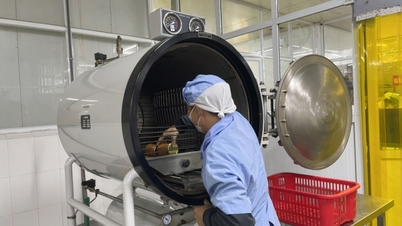

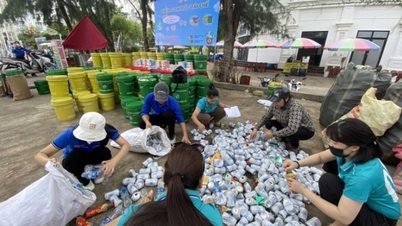










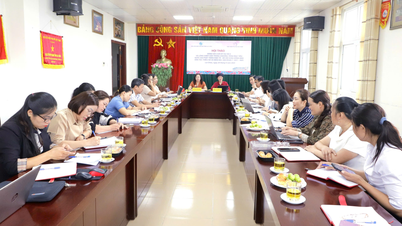
![[Photo] General Secretary To Lam attends the ceremony to celebrate the 80th anniversary of the post and telecommunications sector and the 66th anniversary of the science and technology sector.](https://vphoto.vietnam.vn/thumb/1200x675/vietnam/resource/IMAGE/2025/9/29/8e86b39b8fe44121a2b14a031f4cef46)













































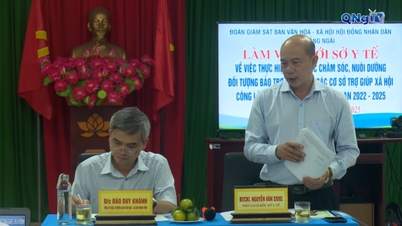



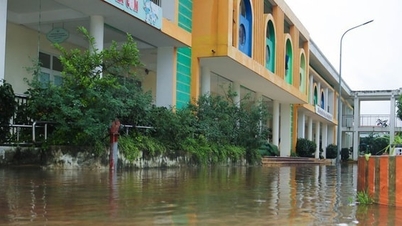


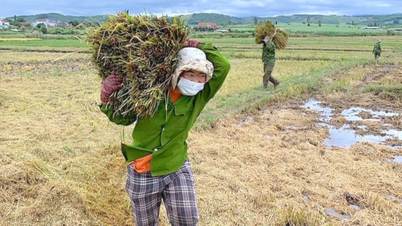















Comment (0)